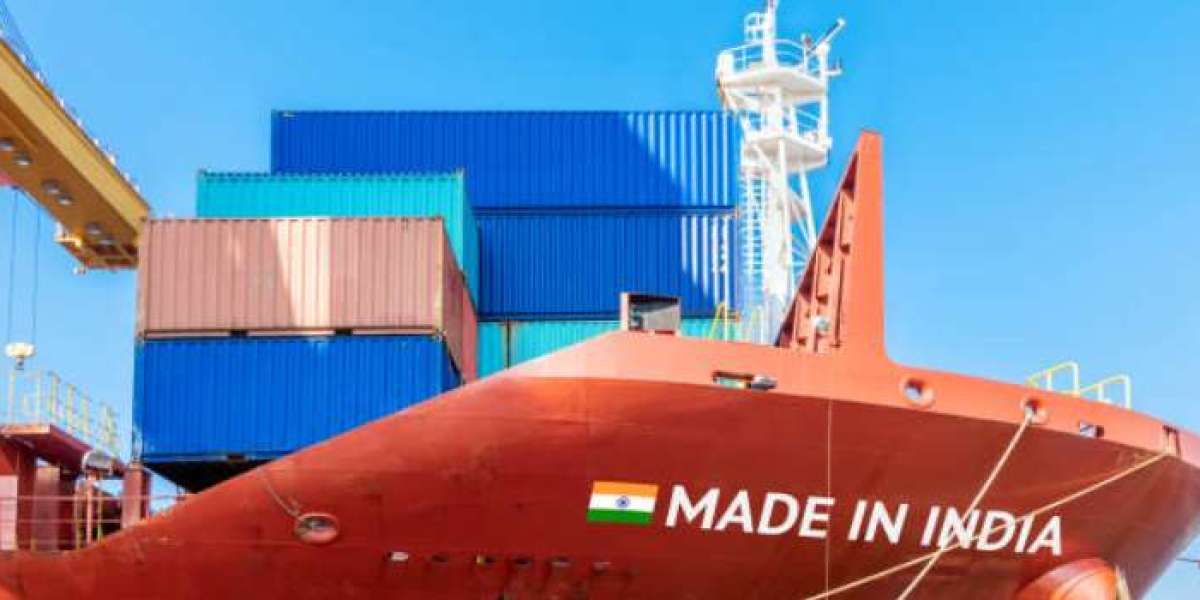In an era where businesses are increasingly judged by their sustainability practices and supply chain integrity, two compliance areas have emerged as essential for global competitiveness — EPR Compliance and the AEO T2 Certificate. Together, they help organizations ensure environmental responsibility and seamless cross-border trade, ultimately boosting credibility, efficiency, and profitability.
A Complete Guide to EPR Compliance for Businesses
EPR Compliance stands for Extended Producer Responsibility Compliance. It is a government-mandated framework that holds producers, importers, and brand owners accountable for the post-consumer stage of their products. Under this regulation, companies must take responsibility for the collection, recycling, and environmentally safe disposal of products and packaging waste.
In India, EPR Compliance is primarily governed by the Plastic Waste Management Rules (PWM), E-Waste Management Rules, and other related environmental laws. Businesses engaged in manufacturing, importing, or selling goods — particularly those using plastic or electronic components — must register under the EPR system through the Central Pollution Control Board (CPCB) or State Pollution Control Boards (SPCB).
Failing to comply with EPR norms can lead to heavy penalties, cancellation of business licenses, and reputational damage. Therefore, achieving and maintaining compliance is not only a legal obligation but a crucial part of sustainable brand management.
Key Components of EPR Compliance
- EPR Registration – Every producer or importer must register with the CPCB before introducing products into the market.
- EPR Plan Submission – Businesses need to submit a detailed action plan showing how they will collect, recycle, and dispose of waste.
- EPR Targets – The government assigns collection and recycling targets based on production or import quantities.
- EPR Annual Returns – Companies must file annual returns demonstrating their waste management achievements.
- Authorized Recyclers – Only registered recyclers can be engaged to handle post-consumer waste under the EPR framework.
Implementing EPR Compliance ensures that your organization actively contributes to environmental sustainability, reduces waste footprint, and strengthens brand image in the eyes of consumers and regulators alike.
What Is an AEO T2 Certificate?
The AEO T2 Certificate, short for Authorized Economic Operator Tier 2 Certificate, is a globally recognized accreditation issued by the Indian Customs Department under the AEO Programme. It recognizes businesses with strong internal controls, secure supply chains, and consistent compliance with customs laws and procedures.
The AEO scheme is designed to enhance international trade facilitation and ensure the security of the global supply chain. There are three tiers — AEO T1, AEO T2, and AEO T3 — each offering progressive benefits. The AEO T2 Certificate is granted to businesses that demonstrate advanced compliance, documentation accuracy, and financial reliability.
Benefits of Having an AEO T2 Certificate
- Priority Customs Clearance – Businesses with AEO T2 status enjoy faster processing and reduced inspection at ports.
- Reduced Examination – Goods are subject to fewer physical and document-based checks, saving time and costs.
- Recognition by Global Customs Administrations – The AEO T2 Certificate is recognized internationally, simplifying trade across borders.
- Deferred Duty Payments – Certain duties and taxes may be deferred, easing cash flow management.
- Enhanced Reputation – AEO-certified companies gain trust from international clients and partners, boosting competitiveness.
- Simplified Procedures – Access to dedicated helpdesks, self-sealing of export containers, and expedited refund processing.
By obtaining the AEO T2 Certificate, your organization demonstrates that it maintains stringent internal controls, financial stability, and a commitment to trade transparency — essential elements for global trade success.
Why Both EPR Compliance and AEO T2 Certification Matter
At first glance, EPR Compliance and the AEO T2 Certificate may seem unrelated — one focuses on environmental responsibility, the other on trade efficiency. However, both represent modern benchmarks for responsible, future-ready business operations.
- Sustainability and Trust: EPR ensures environmental accountability, while AEO ensures secure and compliant trade — together building trust with regulators and customers.
- Operational Efficiency: Businesses with AEO T2 enjoy faster logistics and fewer delays, complementing the efficiency-driven outcomes of EPR-compliant waste management.
- Global Readiness: With the world moving toward transparent, traceable, and eco-conscious trade ecosystems, both certifications demonstrate readiness for international growth.
- Regulatory Resilience: Organizations adhering to these frameworks are better equipped to adapt to evolving environmental and trade regulations.
Steps to Achieve Compliance and Certification
- Assess Current Systems – Conduct an internal audit to identify gaps in waste management (for EPR) and customs compliance (for AEO).
- Engage Experts – Partner with experienced EPR consultants and AEO certification specialists to streamline documentation and submission.
- Prepare Documentation – Gather essential records such as import/export data, waste handling agreements, and internal process manuals.
- Submit Applications – Apply for EPR registration via CPCB’s online portal and for AEO T2 through the Customs Department.
- Ongoing Compliance – Maintain records, file returns, and undergo periodic reviews to retain compliance and certification status.
The Future of Responsible Business in India
As sustainability and trade transparency become global imperatives, EPR Compliance and AEO T2 Certificates are transforming from optional achievements into essential credentials. They showcase a company’s integrity, efficiency, and long-term commitment to responsible business practices.
Companies investing in these certifications not only ensure regulatory security but also unlock opportunities for global trade, brand reputation, and sustainable growth — paving the way for a resilient and eco-conscious future.



